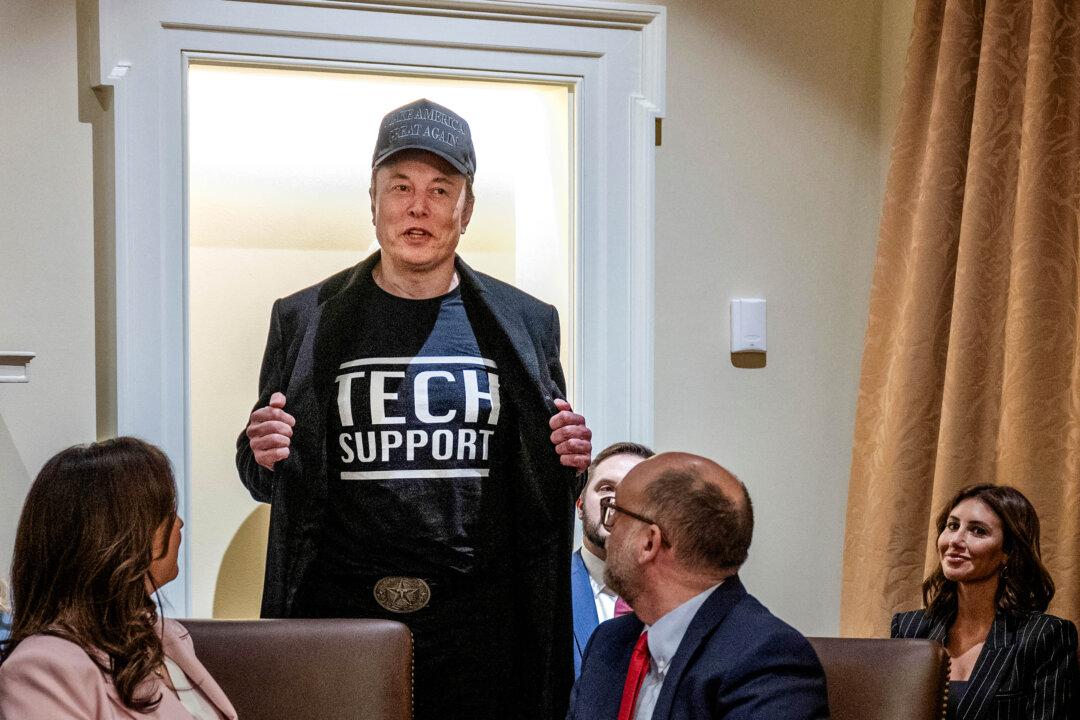The White House said Wednesday that Elon Musk is now involved in the high-profile investigation into how the editor-in-chief of The Atlantic, Jeffrey Goldberg, was inadvertently added to a Signal group chat with top U.S. national security officials, amid ongoing scrutiny over the potential exposure of sensitive military discussions.
White House press secretary Karoline Leavitt confirmed Musk’s participation during a March 26 briefing when asked who was leading the probe into the Signal mishap.





